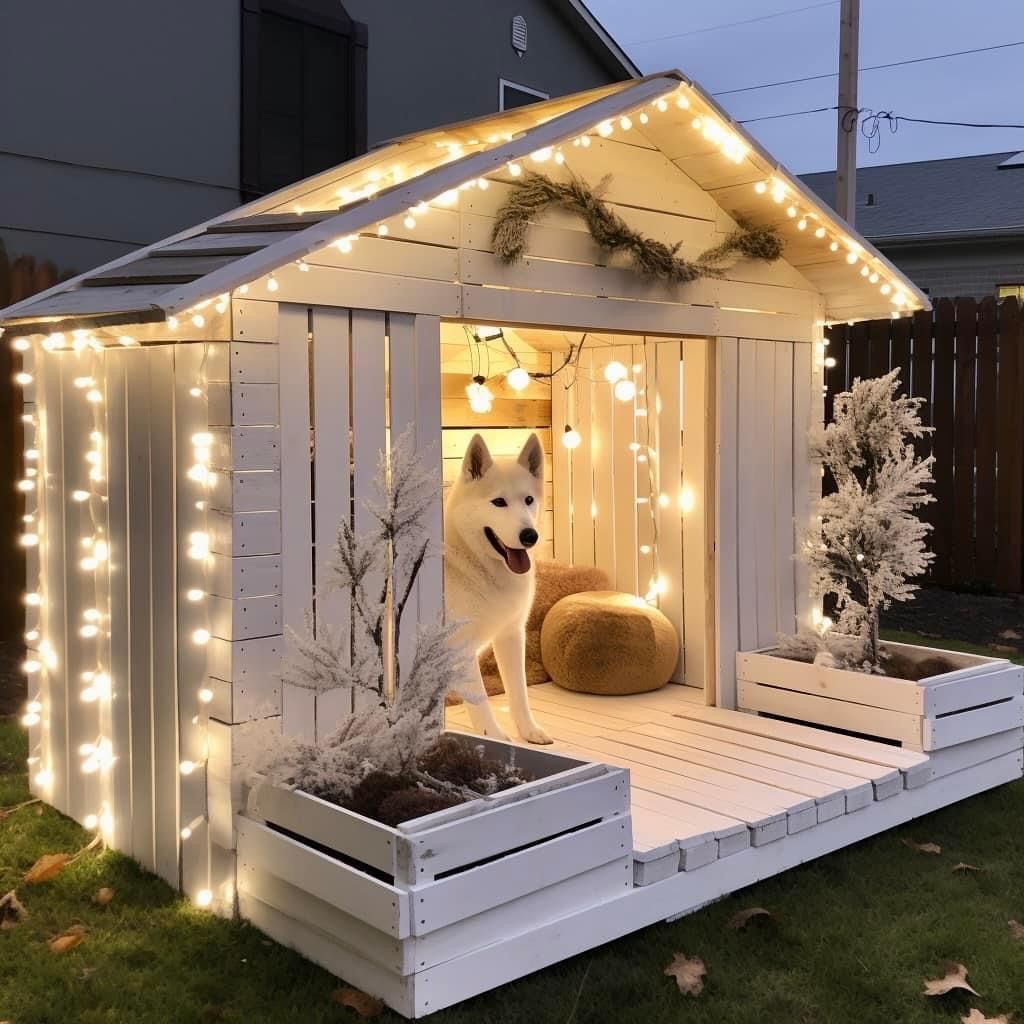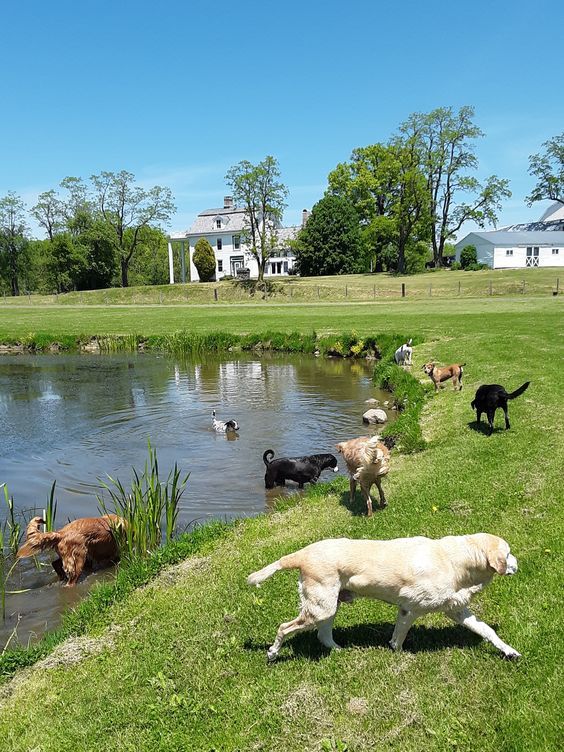Dog / Detail
Choosing the Perfect Dog for Your Home: A Guide
Jonathan Bennet | 14 October 2024 | 12:10
Whether you're a seasoned dog owner or considering adding a furry friend to your family, selecting the right breed is crucial for a harmonious living experience.
Your home's size, lifestyle, and personal preferences all play a significant role in determining the ideal canine companion.

Choosing the right dog breed for your home is an important decision. By considering factors such as size, energy level, grooming needs, training requirements, and temperament, you can find a canine companion that will be a perfect fit for your family.
Whether you adopt from a shelter or buy from a breeder, the most important thing is to choose a dog that you love and can provide with a happy and healthy home.
Big House, Big Dog?
If you have a spacious yard and an active lifestyle, a large dog breed might be the perfect fit. These breeds often thrive in open spaces and enjoy plenty of exercise. Some popular choices include:

- Golden Retriever: Known for their intelligence, friendliness, and loyalty, Golden Retrievers make excellent family pets. They are also good with children and other animals.
- Labrador Retriever: Labs are another popular choice for families due to their playful and gentle nature. They are also highly intelligent and trainable.
- German Shepherd: German Shepherds are known for their protective instincts and strong work ethic. They are also good with children and other animals, but they require plenty of exercise.
- Doberman Pinscher: Dobermans are athletic and intelligent dogs that make excellent guard dogs. However, they require early socialization and training to prevent aggression.
Small Space, Small Dog?
If you live in a small apartment or have limited outdoor space, a smaller breed might be a better option. These breeds are often more adaptable to indoor living and require less exercise. Some popular choices include:

- Pomeranian: Pomeranians are small, fluffy dogs with big personalities. They are known for their playful and affectionate nature, but they require regular grooming.
- Yorkshire Terrier: Yorkies are another popular choice for apartment dwellers due to their small size and low exercise needs. They are also known for their intelligence and loyalty.
- French Bulldog: French Bulldogs are known for their bat-like ears and friendly demeanor. They are also good with children and other animals, but they require regular grooming.
- Boston Terrier: Boston Terriers are small, athletic dogs with a gentle and affectionate nature. They are also good with children and other animals, but they require regular exercise.
Beyond Size: Other Factors to Consider
When choosing a dog breed, it's important to consider factors beyond size. These include:

- Energy Level: Some breeds are more active than others. If you have a busy lifestyle, you'll need a dog that can keep up.
- Grooming Needs: Some breeds require more grooming than others. If you're not comfortable with brushing, bathing, and trimming, you may want to choose a low-maintenance breed.
- Training Requirements: Some breeds are more challenging to train than others. If you're a first-time dog owner, you may want to choose a breed that is known for being easy to train.
- Temperament: Different breeds have different temperaments. It's important to choose a breed that is compatible with your personality and lifestyle.
Adopting versus Buying
If you're considering adding a dog to your family, there are two main options: adopting from a shelter or rescue organization or buying from a breeder. Both options have their advantages and disadvantages.

Adopting from a Shelter or Rescue
Pros:
- You're saving a life.
- You're often getting a dog that is already trained.
Adoption fees are typically lower than buying from a breeder.
Cons:
- You may not be able to choose the breed or age of the dog.
- Some dogs may have behavioral issues.
Buying from a Breeder
Pros:
- You can choose the breed, age, and gender of the dog.
- You may be able to get a dog with specific health clearances.
Cons:
- It's often more expensive than adopting.
- You may not be able to meet the dog's parents.
Related
-

The Healing Power of Dogs: How Canine Therapy is Revolutionizing Mental Health and Boosting Positive Energy in Humans
Dog14 November 2024
-

A Pawsitive History: Dogs of Nuremberg
Dog09 November 2024
-

The Role of Oxytocin in the Human-Dog Bond: The Science Behind Our Deep Connection
Dog06 November 2024
-

Beyond the Beach: Jamaica's Dog Lovers
Dog29 October 2024
-

A Dog's Delights: Homemade Snacks for Our Furry Babies, Recipes Included!
Dog29 October 2024
-

A Dog's Disorientation: Understanding Your Dogs' Wanderlust
Dog29 October 2024
Popular
-

-

A Pawsitive History: Dogs of Nuremberg
09 November 2024 -

-

Beyond the Beach: Jamaica's Dog Lovers
29 October 2024 -
